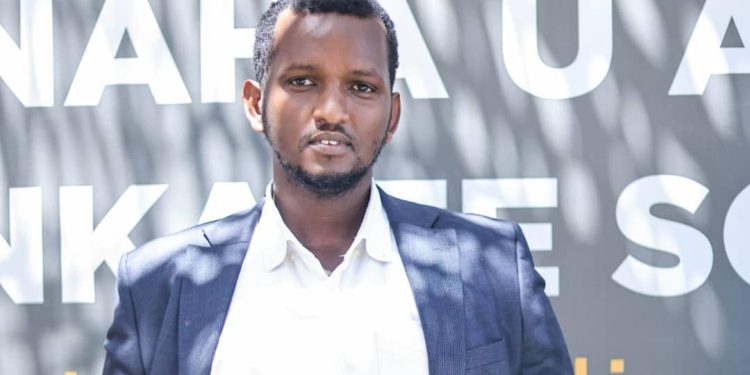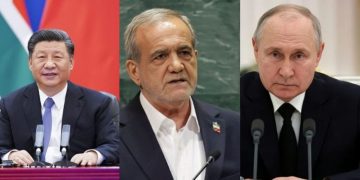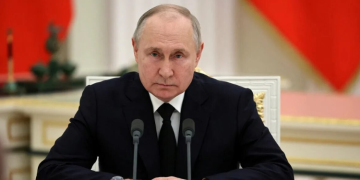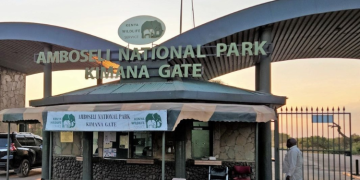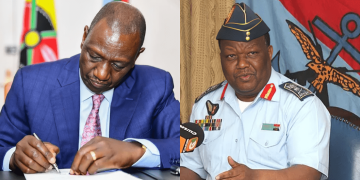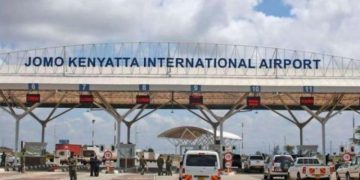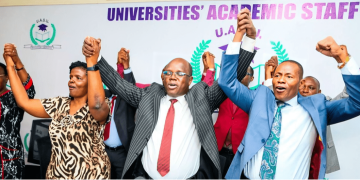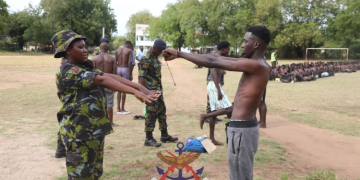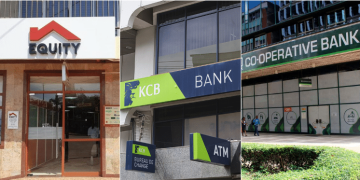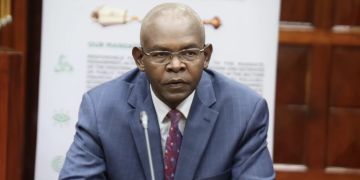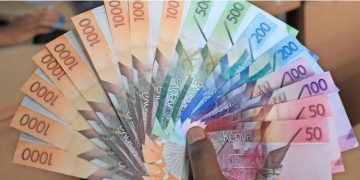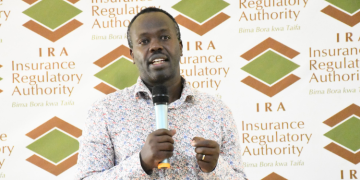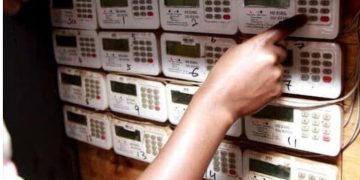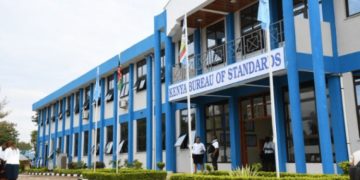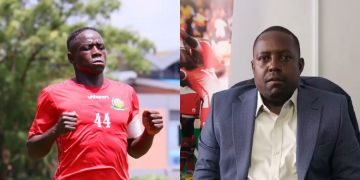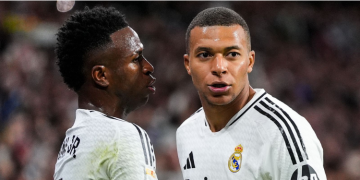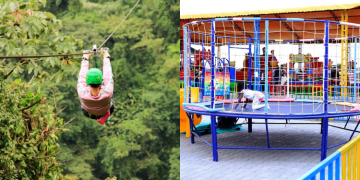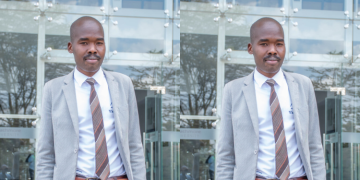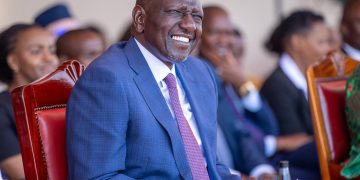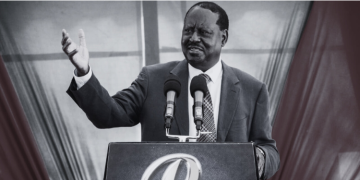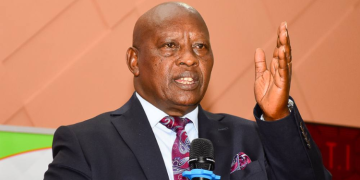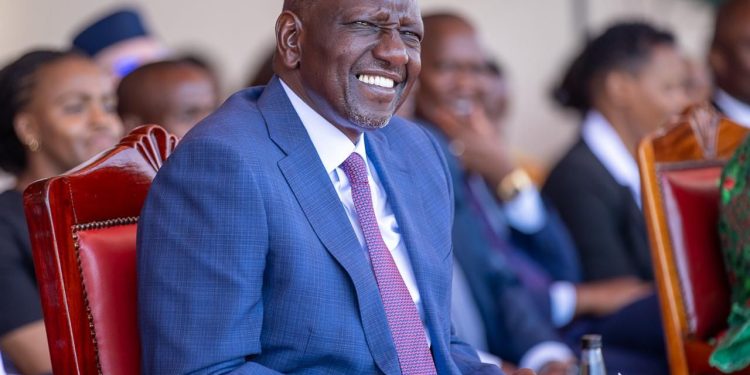A series of volatile diplomatic incidents has placed Kenya’s foreign policy under intense international scrutiny, fueling accusations that Nairobi is becoming a permissive hub for groups seeking to destabilize neighboring states. In less than a year, the Kenyan government has sparked formal protests from the Democratic Republic of Congo (DRC) and Sudan, been implicated in the abduction of a Ugandan opposition leader, and created a diplomatic crisis with Morocco, all of which follow a troubling historical pattern.
This developing situation is raising profound questions about Kenya’s role as a regional mediator and whether its “open-door” policy is now actively undermining the stability of its partners.
DRC’s ‘Capital of Conspiracy’
The most recent diplomatic firestorm erupted just days ago, in mid-October 2025. A cohort of high-profile Congolese opposition figures, led by former president Joseph Kabila, gathered in Nairobi to announce a new political-military movement called “Save the DRC.”
The meeting was an immediate and profound affront to the government in Kinshasa. Only weeks earlier, on September 30, 2025, a DRC military tribunal had sentenced Kabila to death in absentia for treason and alleged complicity with the M23 rebel group.
Notably, the delegation in Nairobi also included other figures convicted of serious crimes, such as former Prime Minister Augustin Matata Ponyo, who was sentenced for corruption.
Also Read: Ruto’s Nomination Sparks New Diplomatic Spat with DRC
The reaction from the DRC was swift and severe. Patrick Muyaya, the Congolese government spokesman, decried the meeting, labeling the participants “fugitives and convicts.”
In a statement that struck at the heart of the issue, Muyaya declared that Nairobi was perilously close to becoming a “capital of conspiracy against the DRC.”
This incident, as highlighted by civil society leaders such as DJ Bwakali, is particularly galling to the Congolese people.
Bwakali noted that the very individuals who presided over what he termed the “massive looting of DRC’s resources” a period during which thousands died in the conflict-ridden eastern Congo, are now being hosted in Kenya to launch a movement in the name of “saving” the nation.
Kenya and Sudan-RSF Incident
This diplomatic crisis with Kinshasa is not an isolated event. It mirrors, with alarming similarity, a severe dispute with Sudan that occurred in February 2025.
In that instance, Nairobi played host to a declaration by civilian allies of Sudan’s paramilitary Rapid Support Forces (RSF), the group widely accused of committing genocide and other atrocities in the Darfur region. The event, which took place in the Kenyan capital, saw the RSF-allied groups sign a charter effectively establishing a “parallel government” for Sudan.
The official government in Khartoum, led by the Sudanese Armed Forces (SAF), responded with fury. It condemned Kenya for “blatant interference” in its internal affairs and for hosting a “terrorist militia.” The Sudanese government immediately recalled its ambassador from Nairobi and threatened to escalate the situation by banning all Kenyan imports.
For critics, this event was a stark illustration of a disturbing disconnect. While Kenya is officially a key mediator in the Sudan peace process through the Intergovernmental Authority on Development (IGAD), its government was simultaneously providing a platform for one side of the conflict, a side accused of massacres, such as that of the Masalit people, to legitimize its political ambitions.
A Pattern of Diplomatic Tumult
This pattern of generating regional instability began almost at the outset of the current administration, most notably with a dramatic diplomatic incident involving Morocco and the Sahrawi Arab Democratic Republic (SADR) in September 2022.
On September 13, 2022, SADR President Brahim Ghali, whose nation is a full member of the African Union, was an invited guest at President William Ruto’s inauguration.
However, just one day later, following a meeting with the Moroccan Foreign Minister, President Ruto tweeted that Kenya was “rescinding” its recognition of the SADR and would “wind down” its presence in the country.
Also Read: Defiant Ruto Backs Sudan’s Parallel Govt
The move, reportedly linked to a potential deal for cheaper Moroccan fertilizer, caused immediate diplomatic chaos. The tweet was deleted just hours later without explanation.
Days after the confusion, Kenya’s Ministry of Foreign Affairs was forced to issue a formal clarification, stating that Kenya does still recognize the SADR and, in a sharp rebuke, that it “does not conduct its foreign policy on Twitter.” The incident alarmed allies and painted Kenya’s foreign policy as erratic and transactional.
A Deeper History of Complicity
While these recent events are alarming, observers note that they rest on a troubling foundation.
In November 2024, less than a year ago, veteran Ugandan opposition leader Dr. Kizza Besigye was abducted in Nairobi. He resurfaced days later in Uganda, where he was arraigned before a military court.
Amnesty International condemned the incident as a “clear violation of both international human rights law and the process of extradition,” with Besigye’s legal team claiming direct collusion between Kenyan and Ugandan security authorities
The Kenyan government has denied involvement, but the rendition of a high-profile political refugee from its soil has left a deep stain.
This history stretches back decades. For years, Kenya was notoriously accused of harboring one of the world’s most-wanted men: Félicien Kabuga, the alleged chief financier of the 1994 Rwandan genocide. Despite international pressure and a multi-million-dollar bounty, Kabuga lived freely in Kenya for years, allegedly under the protection of high-level officials. He was eventually arrested in Paris in 2020.
From hosting convicted political fugitives to facilitating the declaration of parallel governments and engaging in transnational repression, the pattern is undeniable. As Kenya seeks to position itself as the dominant diplomatic and economic hub of East Africa, it faces a critical choice. It must decide whether it will be a genuine, neutral arbiter of peace or continue to act as a permissive sanctuary for destabilizing forces, sending a message to the victims of these conflicts, as DJ Bwakali questioned, “that the lives of the people who have died don’t matter.”
About the author
This article was written by Abdiqani Abdullahi. He is an English News Editor and Senior Advisor on International Relations at Somalia’s National News Agency (SONNA). He has more than a decade of experience at the nexus of policy, governance, and media.
His expertise spans strategic communication, digital transformation, and public diplomacy, including leading cybersecurity and transparency reforms under the DFID-supported Open Government Initiative. Previously, he worked on integrating AI and digital tools into newsroom operations, strengthening media ethics and crisis communication. With a strong background in international relations and journalism, he is passionate about the media’s role in shaping national narratives, promoting accountability, and highlighting innovation across the Horn of Africa.
The views expressed in this opinion piece are the authors’ own and do not represent The Kenya Times’ editorial position.
Follow our WhatsApp Channel and X Account for real-time news updates.
